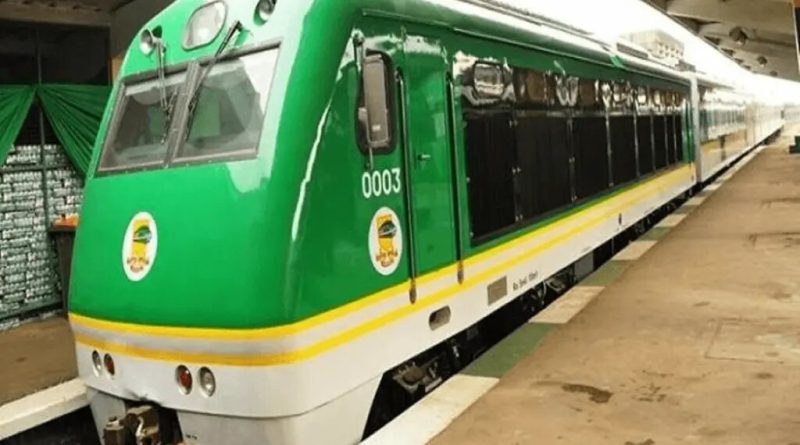Plateau government commiserates with victims of Jos train accident
The Plateau State Government has commiserated with the families of victims of Wednesday’s train accident in Jos that claimed two lives and left other persons injured.
The accident occurred at Phototek Junction in the Abattoir community of Jos South Local Government Area when a passenger train travelling from Bukuru to Jos hit a commercial tricycle that was attempting to cross the railway line.
The tricycle rider and one passenger died on the spot, while two other passengers escaped with injuries.
Witnesses’ accounts
Witnesses reported that the train sounded its horn repeatedly before the crash.
“The train was blaring its horn, but the tricycle rider still tried to cross,” said Mary Philip, an eyewitness. “Then there was a loud bang and everything went silent. It was heartbreaking.”
Another witness, Mohammed Ibrahim, told PREMIUM TIMES that the incident occurred around 11 a.m.
“Two women were injured and taken to the hospital,” he said. “People were crying. It was a horrible scene.”
The spokesperson of the Jos Railway Station, Adam Abdullahi, also blamed the accident on the tricycle rider’s failure to heed warnings from railway officials.
“Our man at the level crossing stopped him, but he refused to wait. The train’s speed made it impossible to halt in time,” Mr Abdullahi said.
However, residents said such accidents had become frequent and blamed the absence of physical barriers or automated signals at several railway intersections in the state.
“There should be gates or warning lights,” a community leader in Abattoir, who preferred anonymity, said. “You can’t rely on hand signals and whistles in a noisy area like this. It’s an old system that needs upgrading.”
Checks by PREMIUM TIMES showed that several railway crossings in Plateau, including those in Bukuru, Zawan, and Rantya, operate without functional barriers or road safety supervision, a condition experts say exposes both motorists and pedestrians to danger.
READ ALSO: NRC speaks on vandalism of Lagos-Ibadan rail material
The accident has again drawn attention to Nigeria’s fragile railway infrastructure, one that has been slowly reviving after decades of neglect but still lacks modern safety systems along its tracks.
State government commiserates
In a statement issued Thursday, the state Commissioner for Transport, Davou Gyang, described the accident as “a painful reminder of the need for strict adherence to traffic and safety rules around railway intersections.”
He extended the government’s condolences to the bereaved families and added that the ministry was collaborating with the NRC and other agencies to strengthen safety measures.
“We mourn with the affected families and pray for the quick recovery of the injured,” he said. “This tragedy underscores the importance of patience and caution around railway crossings.”
Mr Gyang reaffirmed the government’s commitment to improving transport safety through public education, enforcement of traffic laws, and infrastructure upgrades across the state.


